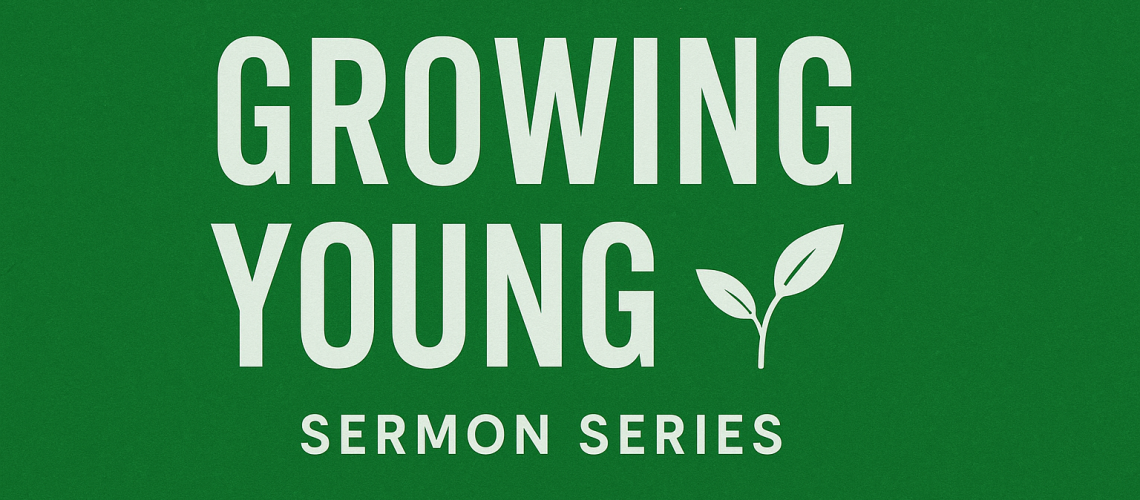This past Sunday, we continued our Growing Young series with a message that hits right at the heart of what it means to follow Jesus in our divided world: “Empathy is the soil where belonging grows.”
In John 4, we read about Jesus’ encounter with the Samaritan woman at the well—a story that shatters boundaries and invites us to see people the way Christ sees them. Jesus meets her where she is, listens to her story, and offers her living water. No judgment. No performance. Just grace.
It’s a story that shows us what empathy looks like in action. Jesus didn’t wait until the moment was convenient or comfortable. He crossed every social line to say, “You matter. Your story matters. I see you.”
That’s what empathy does—it sits down by the well with people others might avoid. It listens instead of lectures. It sees the person instead of the stereotype. And that’s the kind of posture that creates belonging.
But let’s be honest: empathy isn’t exactly celebrated in our culture right now.
More and more, we hear voices suggesting that empathy is somehow toxic—that caring too much is weakness, or that entering someone else’s pain means compromising truth. Yet, as we saw in Scripture, the exact opposite is true.
Empathy isn’t a threat to truth—it’s the way truth is shared in love.
It isn’t a soft substitute for conviction—it’s the strength to stay present when someone else’s story makes us uncomfortable.
When the world says, “Don’t feel too much,” Jesus says, “Blessed are those who mourn.”
When the world says, “Protect yourself,” Jesus says, “Love your neighbor as yourself.”
When the world says, “Draw the line,” Jesus says, “Had to go through Samaria.”
Empathy is not optional for followers of Jesus—it’s a spiritual discipline. It’s how we practice the presence of Christ in our relationships, our neighborhoods, and our church family.
And here’s the beautiful part: empathy always bears fruit.
When Jesus saw the Samaritan woman and truly listened to her, she didn’t just feel understood—she found belonging. And that belonging led to transformation. She became one of the first witnesses to the Gospel, running back to town with joy and courage, leaving behind her water jar of shame.
That’s what empathy does. It gives people permission to put down what they’ve been carrying.
So what about us? What jars do we need to set down?
Maybe it’s the jar of quick judgment.
Maybe it’s the jar of assumptions.
Maybe it’s the jar of thinking we have to fix people before we can love them.
If we truly want to “grow young”—to become a church that welcomes and partners with younger generations and those on the margins—it won’t happen because of trendier worship or clever programs. It will happen when people walk through our doors and feel seen, known, and loved.
That starts with empathy.
Empathy grows belonging.
Belonging opens the door to transformation.
So this week, let’s practice empathy in the simple, sacred ways Jesus did:
- Listen before you speak.
- Ask questions instead of offering quick answers.
- Pay attention to who might be sitting alone by the well.
- Rejoice with those who rejoice, and weep with those who weep.
In doing so, we reflect the heart of Christ—the one who crossed every line to meet us where we are and invite us into living water.
May our church be known not for its perfection, but for its presence— not for having all the answers, but for creating the kind of space where everyone feels they belong.
Because empathy truly is the soil where belonging grows. And belonging is where the love of Christ takes root and transforms the world.
Who in your life this week might need you to simply sit beside their well—to listen, to care, and to remind them that they are seen and loved?



